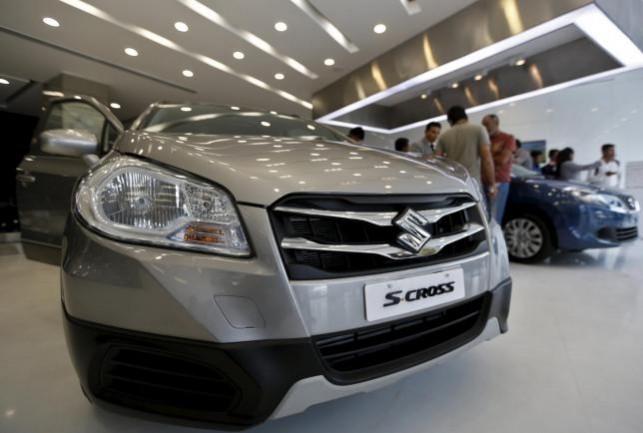
Finance Minister of India Arun Jaitley will present the Union Budget for 2017-18 on February 1 and like many other industries, India's automobile sector is also expecting a host of announcements.
The auto sector, which contributes about 7.1 percent to the country's GDP, had a roller coaster ride in 2016 starting with diesel car ban, uncertainty over Goods and Services Tax (GST) and then demonetisation by the end of the year.
Also read: January car sales preview: Maruti Suzuki, Tata Motors likely do well
The industry is currently recouping and hence a lot of friendly announcements are expected in the Budget 2017 to further boost growth. According to Society of Indian Automobile Manufactures (SIAM), Indian automotive industry boasts of 23.9 million units of vehicles and provides direct and indirect employment to over 29 million people in India. Hence, the announcements will have a huge impact in the industry.
Here's the list of top five announcements Indian automobile industry is expecting from the Budget 2017-18.
Relaxation on excise duty- According to SIAM data, the excise duty for automobiles across all the segments is between six percent and 30 percent. When other taxes accrue depending on the segment, the overall cost of the vehicle drastically goes up. The industry is expecting lowered as well as uniform excise duty structure. This will essentially reduce vehicle cost and boost sales.
Faster implementation of GST- The Industry will be expecting the implementation of GST, proposed to come into effect from July 1, 2017, without further delay. The GST will result in a uniform tax structure. With the implementation of GST, segments that currently has low rate of duty such as small cars will experience a mild price hike. SUVs and big cars, that currently attract excise duty of 27-30 per cent, will see a drop in prices.
Clarification on vehicle scrappage policy- With the Supreme Court coming down hard on air pollution, and the banning of diesel vehicles, a strong policy for scrapping old vehicles is the need of the hour. SIAM has already suggested the same to Central Government with an incentive scheme. The industry will be keeping its ear to the ground for announcements on incentives, timeline and fleet modernisation under the scrappage program.
More incentives for hybrid and electric vehicles- In April 2015, to promote eco-friendly vehicles, the government launched the FAME India scheme, offering incentives for electric and hybrid vehicles- up to Rs 29,000 for bikes and Rs 1.38 lakh for cars. The scheme resulted in an increase in the demand for eco-friendly hybrid and electric vehicles. The industry still expects lower taxes and benefits for the segment to grow in the country.
Reduction in interest rates- Indian automobile industry will be expecting government to reduce interest rates on auto loans for passenger as well as commercial vehicles. This is expected to give a major boost to rural auto sales where serious drop has been recorded post demonetisation.








